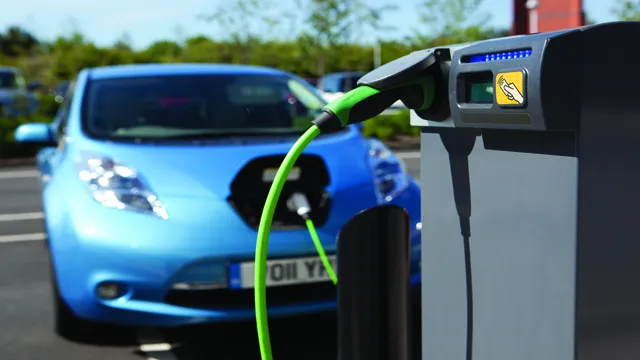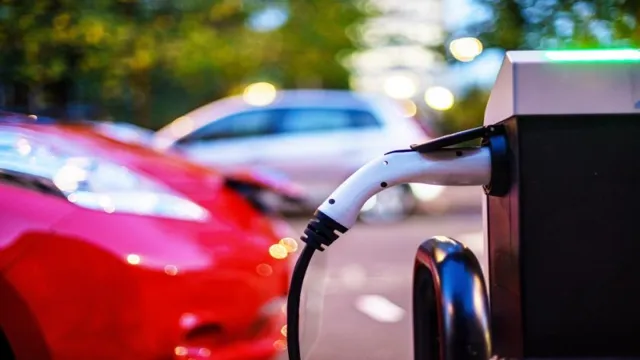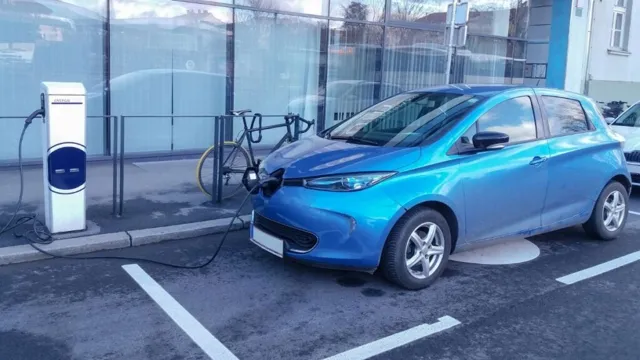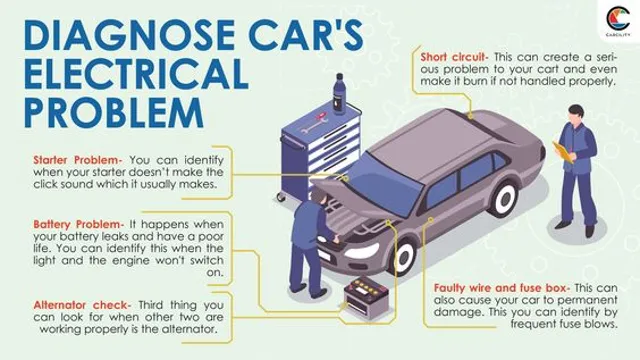Why Can’t an Electric Car Charge Itself : Unraveling the Mystery
Electric cars have become increasingly popular in recent years due to their environmental benefits and cost savings on fuel. However, one common misconception about electric cars is that they have the ability to charge themselves while driving or when parked. In this article, we will explore the reasons why electric cars cannot charge themselves and the current limitations in this technology.

Credit: www.amazon.com
1. Energy Conservation Principles
Electric cars, like traditional gasoline-powered vehicles, require a source of energy to operate. The idea of a car charging itself while in motion goes against the basic principles of energy conservation. In order to generate electricity, there must be an external source of energy such as solar power, wind power, or the burning of fossil fuels. Electric cars do not have the ability to create energy on their own.
2. Perpetual Motion Fallacy
The concept of a car charging itself while in motion falls into the category of perpetual motion, which violates the fundamental laws of physics. Perpetual motion machines, which are devices that continue to operate indefinitely without any external source of energy, have been widely discredited by the scientific community. Similarly, the idea of an electric car perpetually powering itself is not feasible based on our current understanding of physics.
3. Current Limitations in Technology
While it may not be possible for an electric car to fully charge itself, there are ongoing developments in technology aimed at increasing the efficiency of electric vehicle charging. For example, regenerative braking systems in electric cars enable them to recover some of the energy typically lost during braking and store it in the vehicle’s battery. However, this regenerative process is not sufficient to completely recharge the car while in use.
Furthermore, wireless charging technology is being explored as a potential solution to make the charging process more convenient for electric car owners. Wireless charging systems would allow electric vehicles to recharge their batteries without requiring physical plug-in connections. While these advancements are promising, they still rely on an external power source to supply the energy needed to charge the vehicle.
Conclusion
In conclusion, the notion of an electric car charging itself is not supported by the principles of energy conservation and the current understanding of physics. While there are innovative technologies being developed to improve the efficiency and convenience of electric vehicle charging, the fundamental requirement for an external energy source remains unchanged. As research and development in the field of electric vehicles continue to advance, it is possible that future breakthroughs may lead to new methods of energy generation and storage that could redefine the way we power transportation.






